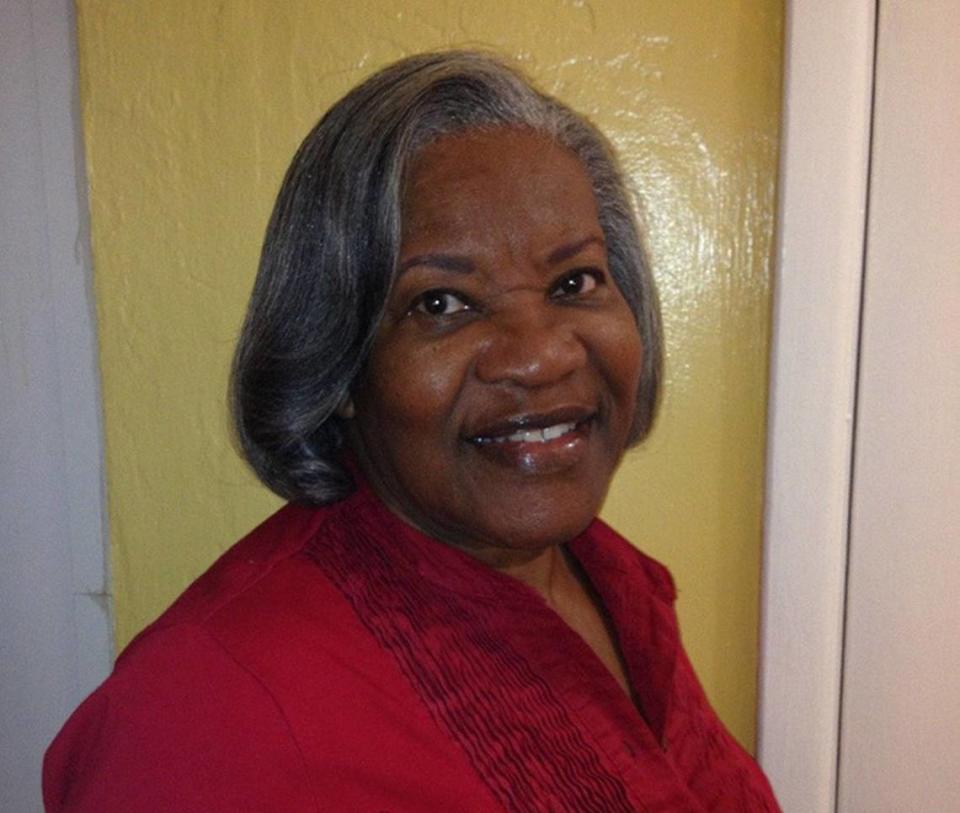On July 4th, I’m proud to be an American, but let’s not sugarcoat Black history | Opinion
As we celebrate the Fourth of July, my thoughts turn to how much we as Americans have to be thankful for. I am aware that we seem to be as divided as we were during the Civil War and there doesn’t seem to be much to celebrate.
There is political fighting, and so many lies being told that the truth seems to be hiding out somewhere in the vast darkness trying to overtake our country.
On the other hand, there are the history thieves who are trying to erase the history of African Americans and our contributions to this country. So, the fight for equality and inclusion goes on. And on.
But before some disagreeable reader offers to send me back to Africa, let me say this: I am proud to be an American. Many of my family members fought in four wars to ensure our freedom. So, yes, I love this country and I pray for God to bless us all.
I am a proud American because I live in a country that was built on the backs of my African ancestors. While I am thankful to be an American, I will not sugarcoat the plight of African Americans in this country.
As a proud African American (or Black American), I am honored to be a descendant of a people who were brought to these shores in chains, not knowing the culture or the language, and still were able to take the scrapes that were thrown our way and find a way to live with dignity. We learned to survive no matter what.
When our people weren’t allowed to congregate with each other, they learned to communicate through music and the sounds of the beat of homemade drums. They sang the blues before they knew it was the blues.
And when they managed to find a glimpse of happiness, they sang about that too, to a more jubilant beat. Our foreparents found a way through the pain and frustrations.
But the song has grown old.
The pain of our past still lingers whenever I am reminded about the brutality — the rapes, the lynchings, the beatings, the unjust way of life that my people were forced to live with every day.
Yet, out of that stormy and fiery past — remember Tulsa and Rosewood — my people still had hope and forged a life for themselves and for their future generations that we can be proud of.
So, while some African Americans do not celebrate the Fourth, per se, we do celebrate the fellowship and the coming together with our family and friends. I am aware that in some countries such gatherings are not possible. So, this is another reason that we are thankful to be living in America.
But in spite of all the pain and strife, and the terribly unequal status of life for African Americans in the past, please know that the work is still not finished. For as long as there is one law of the land for whites, and another for Blacks, trying to move forward as a country is like one person trying to pull a multi-ton locomotive.
Yet as I look back over our history as a country, we seemed to find a way to get past our differences. It may have taken years of blood, sweat, tears and even death, but somehow, we have managed to overcome to a point where we live with some semblance of peaceful unity.
Yet, it is still hard for some African Americans to celebrate the Fourth of July in good conscience.
“For us Blacks,” said Mae Whitman, a longtime friend of mine, “Juneteenth is a better Independence Day. When we celebrate the birthday of America, we are celebrating slavery. Our people were still slaves back then and would be until the end of the Civil War.”
Andre Joyce, another good friend, agrees.
“I do not celebrate July Fourth,’’ he said. “As a professional It is just another day off for me. Usually, I have a cookout and just spend time at home with family. Besides, from the historical perspective, those principles on which our country was founded — life, liberty and justice for all — were written at a time when enslaved people didn’t have any of those rights. So, that is why I now celebrate Juneteenth, the time when our ancestors actually got their freedom.”
As another friend, Linda Swift said, “Although I am happy to be an American, and to live in a country where we are, at least, free speak out against wrongdoing, I recognize that our country has a lot to give an account for. Our [African Americans’] plight is not over yet.”
I agree. So, while we clean off the grills and finish off the fireworks, and get ready for another Fourth of July, remember: Until all are free, none is free.


